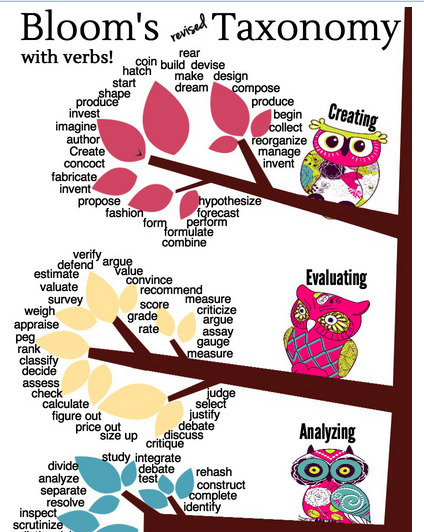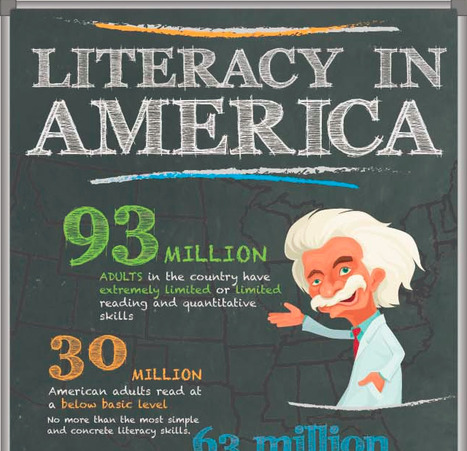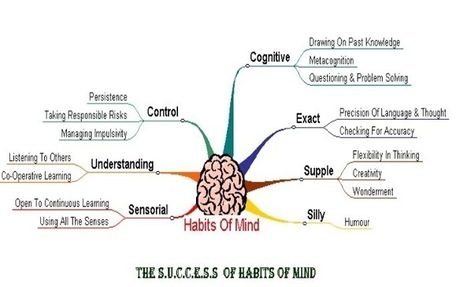Need some extra verbs? Here you go! ~Mia
Research and publish the best content.
Get Started for FREE
Sign up with Facebook Sign up with X
I don't have a Facebook or a X account
Already have an account: Login
Tech tools that assist all students to be independent learners & teachers to become better teachers
Curated by
Beth Dichter
 Your new post is loading... Your new post is loading...
 Your new post is loading... Your new post is loading...

Kate JohnsonMcGregor's curator insight,
April 7, 2014 2:20 PM
Re-framing the stages of research to help students manage the volume of information on databases and the internet. PLAN – Identify what the problem is and the questions that you are going to ask. STRATEGIZE – The route that you are going to take to search the web for information about your questions. EVALUATE – The sources of data that you are using for credibility, accuracy and currentness. TRIANGULATE – Compare your sources of data against one other. |
Michael Sandvik's curator insight,
February 4, 2016 9:30 AM
Begins with questions about how teachers learn or tune out learning in various situations. |
















Check out this infographic from Mia MacMeekin that looks at verbs that help us meet the six levels of Bloom's taxonomy. This would be a great infographic to print out and put up in your classroom!